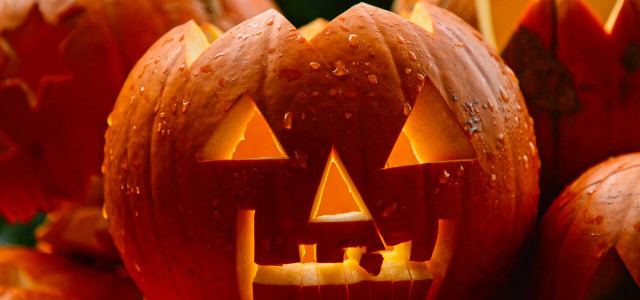Fireworks are a popular festive pastime. But, are fireworks bad for the environment? Here, we look at how sustainable fireworks are and their impact on the planet.
Whatever the occasion, fireworks are a popular way to light up the occasion with an array of colorful flashes and bangs that have been around for millennia.
But, in recent years, more and more people have been discussing the question of their impact. So, are fireworks bad for the environment? Behind all of the festivity, is there any damage we need to be aware of? Here, we’ll explain what fireworks are, how long they’ve been around and whether they present any dangers to our climate and overall health.
What Are Fireworks?
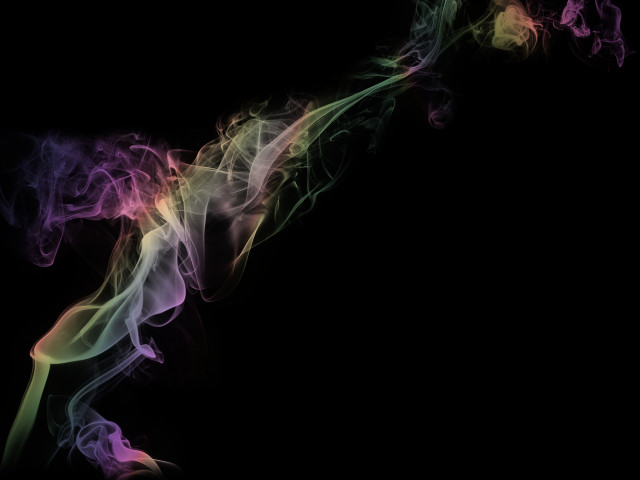
A display of bright lights and a spray of color is a popular way of celebrating holidays, New Year, the Fourth of July, and many festivals.
Fireworks are a combination of chemicals, gunpowder being one of the key ingredients. This is what causes the firework to explode when ignited. When ignited, the gunpowder creates a burst of energy which increases the pressure of the cylinder, also known as the mortar. It is this pressure that forces the inner shell containing the rest of the firework components into the air.
To create the colors and lights, metal salts such as copper, magnesium and calcium absorb energy from the ignition of a fuse attached to the firework cylinder. The light itself results from when the metal particles release this extra energy.
When Were They Invented?
According to the American Pyrotechnics Association, fireworks were first developed in the second century B.C.
Historians believe fireworks were invented in China to ward off evil spirits. They used bamboo stalks tossed into a fire because the hollow space in the bamboo would cause explosions. However, traditional fireworks weren’t made official until around 800 A.D.
In terms of their safety, it’s only more recently that people have come to question the health and environmental impact of fireworks. As with anything that involves explosions, there are dangers.
Are Fireworks Dangerous?
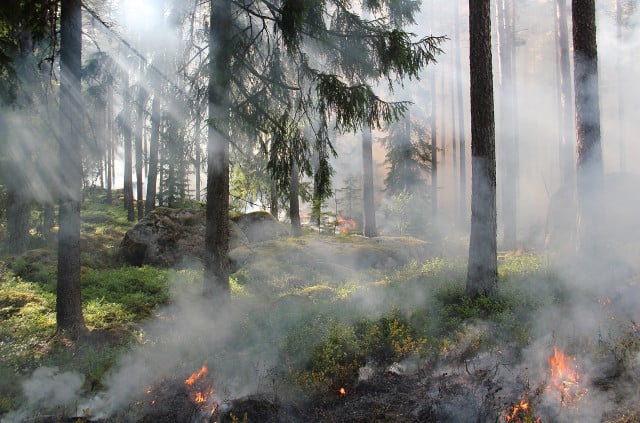


While fireworks may be fun to set off and watch, people often forget that they’re also classed as an explosive, and as an explosive, they can be dangerous when used irresponsibly.
For instance, the U.S. Product Safety Commission warns that fireworks-related accidents have increased by 25 percent over the last 15 years. In 2021 alone, there were nearly 2,600 injuries from sparklers and firecrackers. Property damage, fires and severe burns are only some of the several risks using fireworks without taking proper precautions can pose.
To avoid these hazards, there are three key steps to follow:
- Choose the right location: An open space, such as a field or an empty park, is the safest option when lighting a firework. Avoid buildings and trees, as this could pose a fire hazard. It is worth keeping a bucket of water on hand in case of emergency.
- Step back: You should only light one firework at a time. After lighting the fuse, make sure to stand away from the firework to prevent injury to yourself and those around you. Do not try to re-light a firework that did not properly ignite.
- Proper disposal: Once you’re finished using a firework, dispose of it correctly. Some fireworks can self-heat, even after they’ve been used. To avoid this, soak the firework in a body of water before throwing it away.
But even with these precautions, there are other dangers to consider — particularly, are fireworks bad for the environment or not?
Are Fireworks Bad for the Environment?
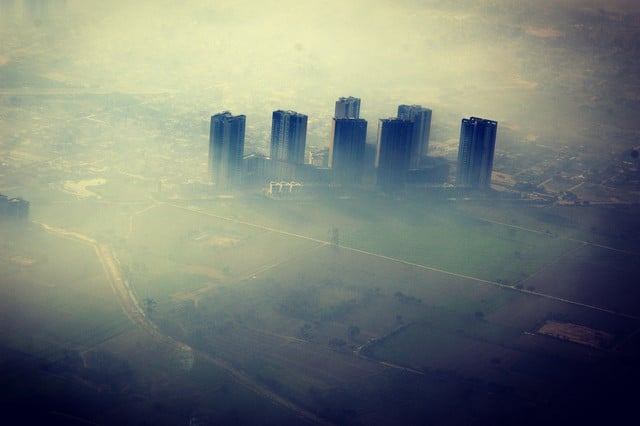


The unfortunate answer is yes. Fireworks are a human activity that contributes to air pollution.
Though fireworks may be beautiful to watch and a joy to set off, they pollute the atmosphere with smoke and a cocktail of harmful chemicals. Scientific analysis indicates that fireworks produce fine dust pollution. There are several aspects to this. Firstly, the EPA warns that this type of small particle pollution can influence air quality.
There is also the potential for fireworks to exacerbate the greenhouse effect. An older 2015 study highlighted that during July Fourth celebrations, the concentration of air pollution is particularly high. They theorize that since these emissions rise on July Fourth, fireworks are the cause. The particles found in the area during these events contain dangerous gaseous substances such as sulfur dioxide, carbon dioxide and carbon monoxide.
The study even found the smoke itself in the air had trace elements of aluminum, manganese and cadmium. Exposure to these fumes, as revealed by the CDC, can cause neurological conditions with symptoms similar to that of Parkinson’s disease, such as trembling, stiffness, and mental illness.
But does this mean you should stop using fireworks altogether? Well, not entirely.
Is There a Green Alternative to Fireworks?
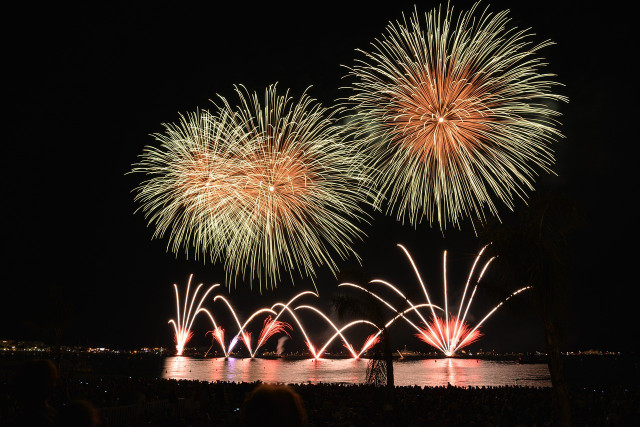


Despite being hard to come by, eco-friendlier fireworks do exist. These fireworks use a nitrogen-based fuel, producing less smoke than the standard charcoal and sulfur fuel. The American Chemical Society estimates they generate 15-65 percent fewer fine particles than traditional fireworks. However, it’s worth noting that they aren’t entirely green. They still pollute air quality, just at a lesser rate than the former.
If you do want to get your hands on some, though, you might be waiting a while. They have become popular in Europe but still aren’t readily available in the US In the meantime, you might consider some alternatives, such as:
- A laser show
- Projector
- Confetti
- Glowsticks
With a little creativity, you can still have just as much fun. So, why not experiment with different options until you find something you like?
Read on:
- The 9 Best Eco-Friendly Summer Activities For Adults
- The 16 Best Earth Day 2022 Activities to Save the Planet
- Staycation Ideas: 6 Ways to Enjoy a Relaxing Vacation at Home
Do you like this post?







